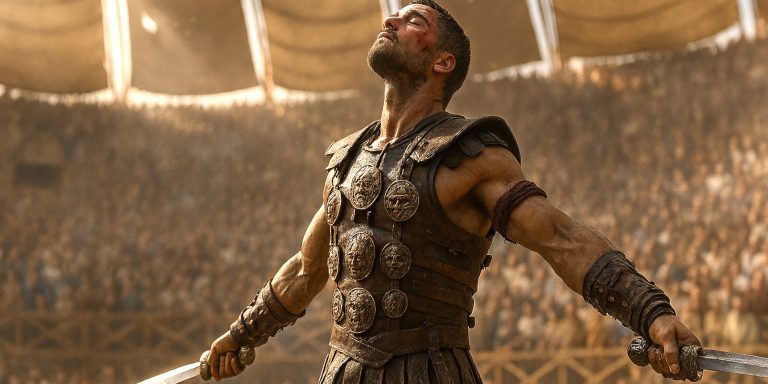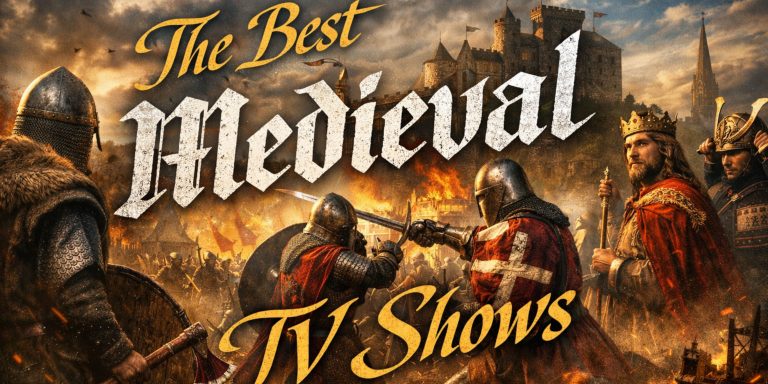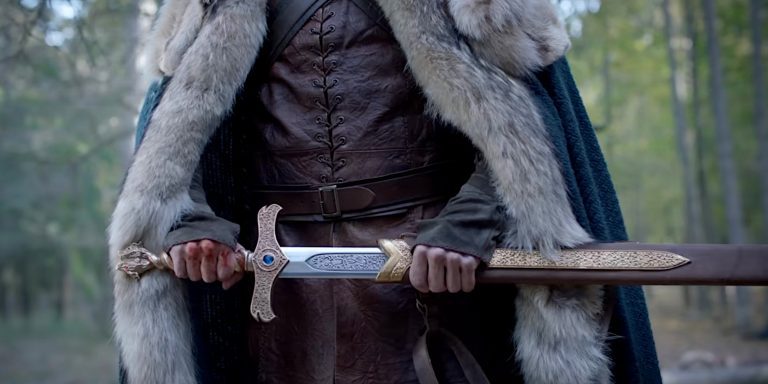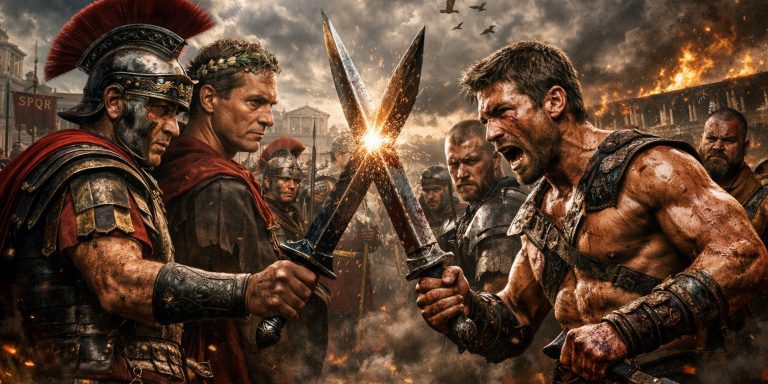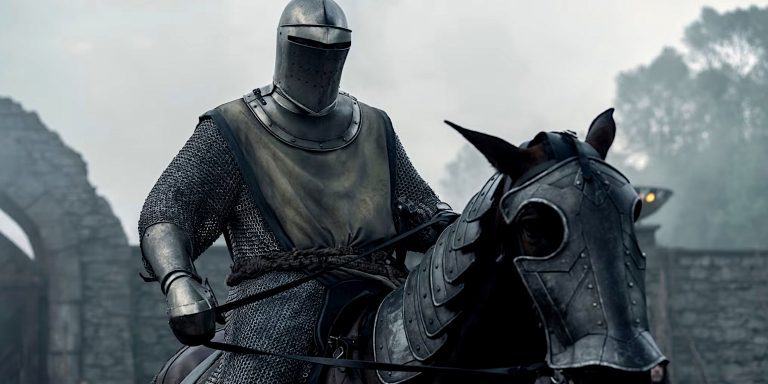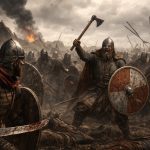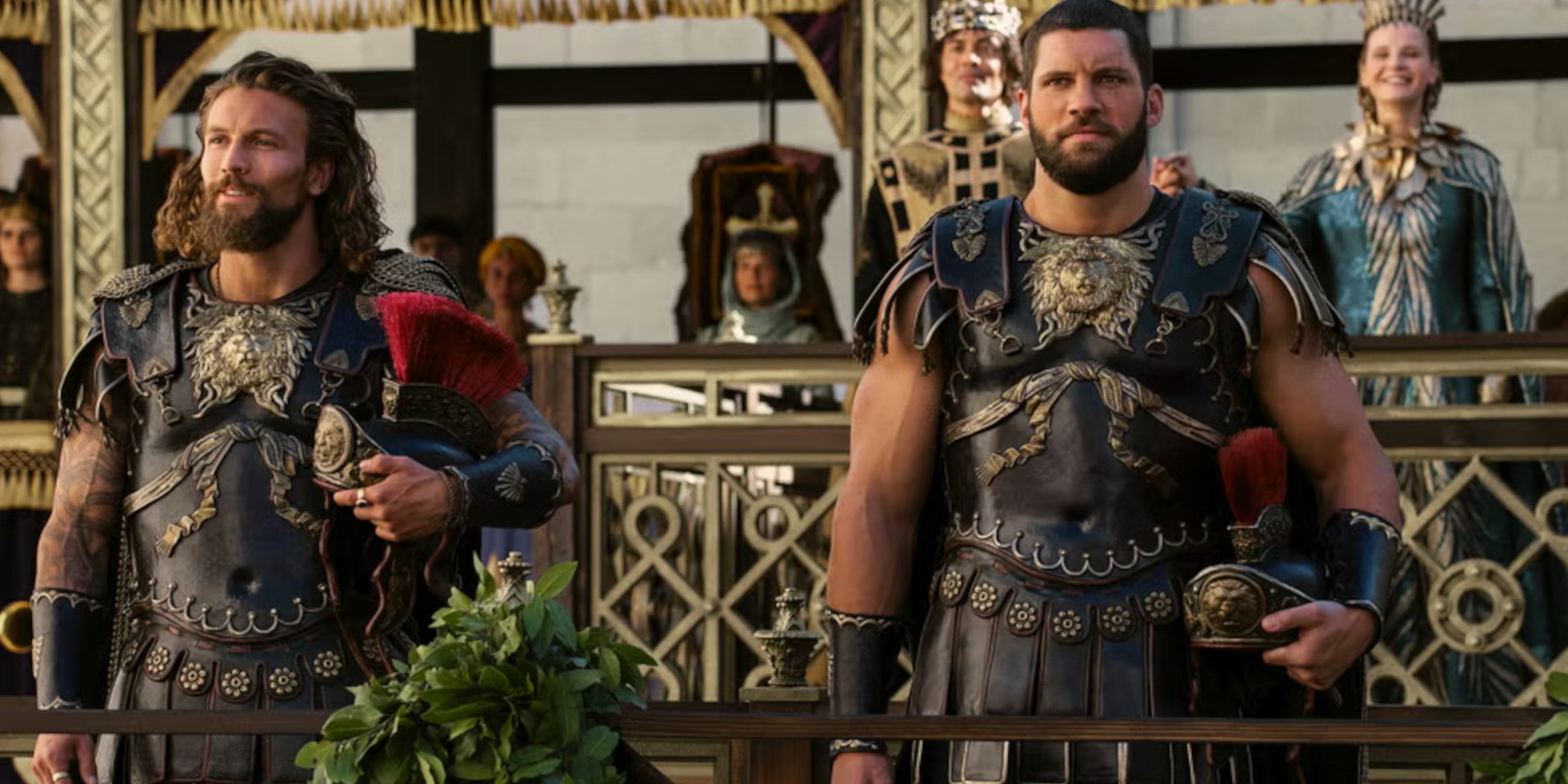
The world of Vikings: Valhalla presents more than battles and voyages. At its core lies a shifting political landscape shaped by alliances, betrayals, and rival ambitions. The series highlights how noble families and warrior leaders balanced tradition with survival, revealing a web of power that often determined the fate of kingdoms.
The Roots of Authority
Viking nobility did not rely solely on inherited bloodlines. Power was affirmed through martial strength, wealth from trade and raids, and the ability to command loyalty. Leaders such as Harald Sigurdsson and Freydis Eiríksdóttir show that nobility could be reinforced by legendary ancestry, yet it had to be proven repeatedly in the hall and on the battlefield.
Alliances and Marriage Ties
Marriage was often a political weapon. Noble unions forged connections across Scandinavian borders and beyond. These alliances allowed rulers to stabilise fragile positions, extend influence into rival courts, and sometimes prevent bloodshed. Yet they also created rival claims that simmered into conflict, as competing heirs fought for legitimacy.
Faith and Division
The spread of Christianity into the Norse world widened the political divide. Pagan traditions remained strong in Greenland and Iceland, while Norway and Denmark leaned toward conversion under kings eager to secure ties with Europe. Nobility found themselves forced to declare loyalty not only to rulers but also to faiths, which could elevate or isolate entire families.
Rivalries and Betrayals
The noble web was not one of unity but of constant friction. Harald’s ambition to become King of Norway, Leif Erikson’s pragmatic loyalty, and Freydis’ defence of old beliefs each represent strands of this tension. Trust was rare, and betrayals were expected. One failed oath could shift the balance of power across the North Sea.
Shaping Kingdoms
The struggles of Viking nobility were not confined to Scandinavia. England became the central battleground, where Danish and Norwegian ambitions collided with Anglo-Saxon resistance. Noble leaders acted as both warlords and diplomats, their personal feuds and alliances feeding into broader conflicts that reshaped medieval Europe.
Legacy of Noble Politics
By portraying these intricate dynamics, Vikings: Valhalla reflects the historical reality that power was rarely straightforward. Nobility in the Viking Age thrived in a world of shifting loyalties, where a leader’s future rested as much on negotiation as on the sword. The legacy of this political web shaped monarchies and empires long after the Viking Age ended.

